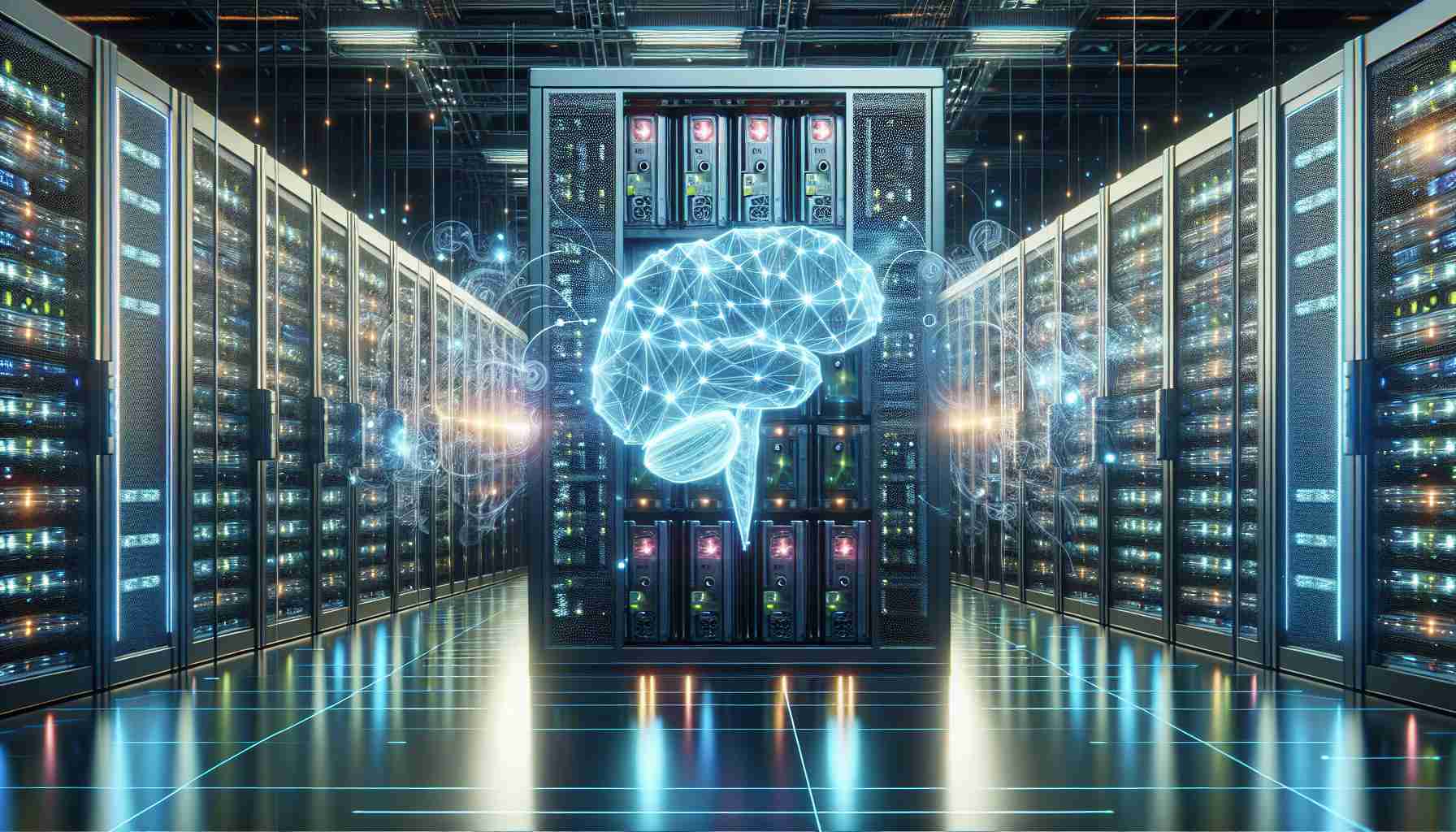Groundbreaking Development
Unlock the latest breakthroughs directly in your inbox with instant updates.
European countries have recently granted permission for companies managing supercomputers in the EU to provide AI training services. This expansion within the European High-Performance Computing Joint Undertaking (EuroHPC) will enable supercomputing infrastructure to be utilized for training models and advancing AI-related projects. The European Commission views this move as a way to enhance competitiveness and attract new clients while advancing AI projects, which are currently dominated by American and Chinese companies.
AI factories will encompass a supercomputer with AI capabilities, a connected data center, and AI-oriented supercomputing services. These facilities will be open to both public and private users, with flexible access conditions for startups and small to medium-sized enterprises. Beneficiaries of AI factories will be eligible to receive financial support from the EU, covering up to 50% of the costs for acquiring AI supercomputers and up to 50% of their operational expenses. These AI-powered supercomputers will primarily be used for developing and testing AI training models, applications, and solutions.
With the establishment of supercomputers like “Discoverer” in “Sofia Tech Park,” the landscape of AI services is set to transform significantly, offering new opportunities for innovation and collaboration in the field of artificial intelligence.
Additional Facts:
1. Supercomputers play a crucial role in revolutionizing AI services by significantly speeding up computations and enabling the training of complex AI models in a fraction of the time compared to traditional computing systems.
2. NVIDIA, a leading provider of GPUs for AI and supercomputing, has been at the forefront of developing technologies that enhance AI services using supercomputers.
3. The integration of AI with supercomputing is not limited to Europe but is a global trend, with countries like the United States, China, and Japan also investing heavily in supercomputing infrastructure for advancing AI capabilities.
4. Research institutions and universities are major stakeholders in leveraging supercomputers for AI research, using these powerful systems to drive innovations in various fields such as healthcare, climate modeling, and natural language processing.
Key Questions:
1. How do supercomputers enhance AI training and model development compared to traditional computing systems?
2. What are the potential ethical implications of using supercomputers for AI services, especially in terms of data privacy and algorithm biases?
Key Challenges:
1. Hardware Costs: Acquiring and maintaining supercomputing infrastructure can be prohibitively expensive, posing a challenge for smaller organizations and startups.
2. Data Security: Storing and processing large volumes of data on supercomputers raises concerns about data security and the risk of cyber threats.
Advantages:
1. Rapid Processing: Supercomputers enable faster data processing, accelerating AI model training and enhancing overall performance.
2. Innovation: Access to AI-powered supercomputers fosters innovation by enabling the development of cutting-edge AI applications and solutions.
Disadvantages:
1. Complexity: Operating supercomputers requires specialized knowledge and expertise, which may be a barrier for organizations without extensive technical capabilities.
2. Resource Intensive: Running AI services on supercomputers can consume significant resources, including power and cooling, leading to operational challenges.
For further information on supercomputers and AI services, you can visit NVIDIA’s website.

